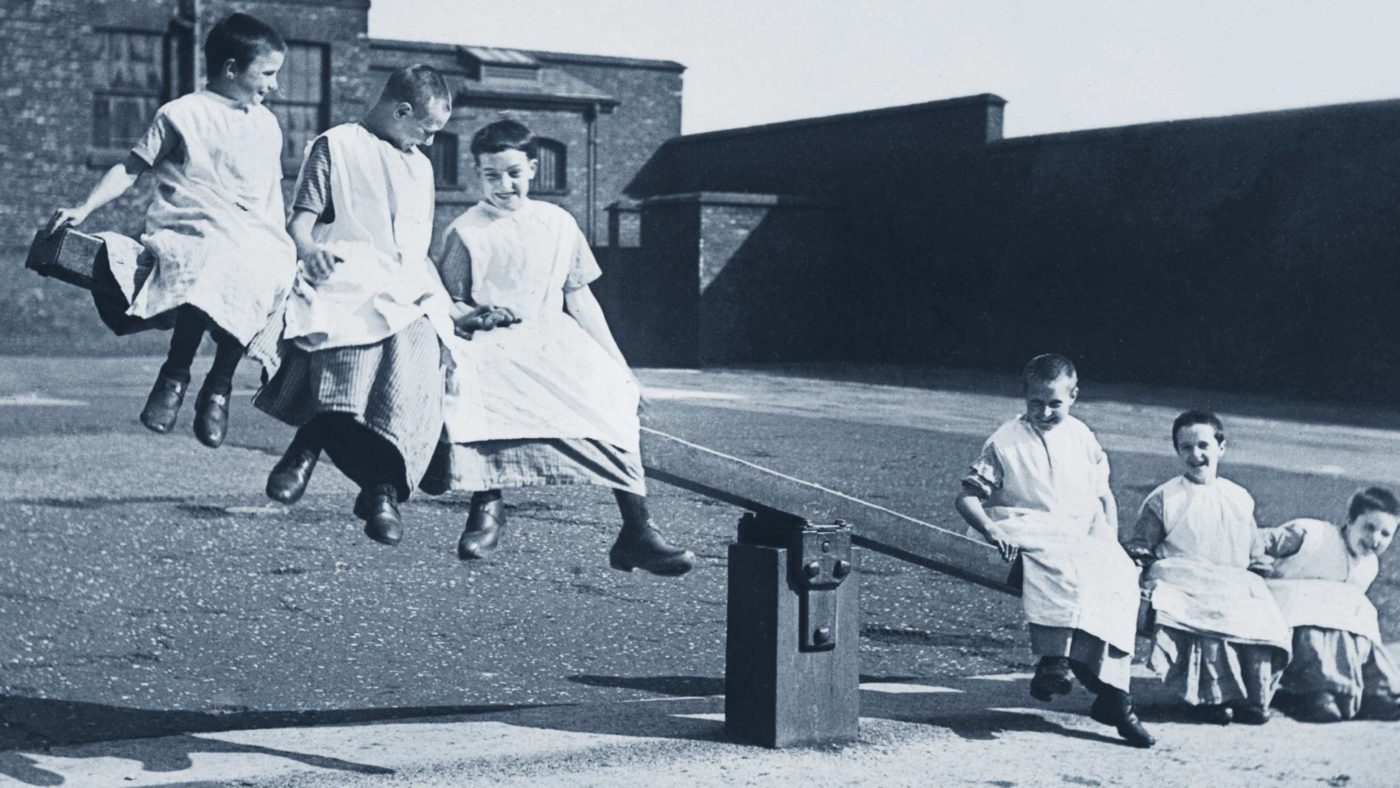On Tuesday, Alexandria Ocasio-Cortez, a 28-year-old from the far left of the Democratic party, toppled Joe Crowley, a 20-year congressman, in a New York primary. It was the latest indicator that what Trump did to the Republican Party could be happening to their opponents.
Later in the week, immigration dominated proceedings when European leaders met in Brussels. The issue has become impossible to ignore given the electoral success of the likes of Matteo Salvini, Italy’s far-right Deputy Prime Minister, and the threat it poses to those establishment politicians that remain in place – not least Angela Merkel.
On Sunday, Andres Manuel Lopez Obrador is expected to cruise to victory in Mexico’s presidential election. His brand of rabble-rousing – laid out in all its gory detail for CapX by Roger Noriega of the AEI – will likely only deepen the frustrations that made his rise possible.
In other words, the march of the populists – on both the Left and the Right – shows no sign of slowing.
At least part of the explanation for all of this political turbulence is economic, with many pointing the finger at inequality. But when it comes to the politics of inequality, the mistake many make is to think it is just a question of the size of the gap between rich and poor.
All the evidence suggests that, unsurprisingly, it isn’t Gini coefficients that get people fired up. Rather, people’s tolerance for inequality depends on whether they think it is deserved or not.
Anger about inequality is really just anger about unfairness. That explains why the size of bankers’ bonuses wasn’t something many people were particularly worried about before those cheques were underwritten by taxpayers. It explains why the issue has grown in political salience even in countries like Britain where there has been no recent increase in inequality.
Unfair inequality does more than just make people angry. A loss of faith in just deserts undermines people’s willingness to take risks and work hard, blunting the incentives that drive innovation and growth.
But if unfair inequality is the problem, there have been remarkably few attempts to isolate and measure it. Given that fairness is in the eye of the beholder, it is a seemingly daunting task – nonetheless, that’s exactly what a group of economists from the Institute for Labor Economics (IZA) in Germany has sought to do.
They argue that inequality is fair if it is down to individual control and if everyone has enough to make ends meet. Fairness, they suggest, dictates that people should be held responsible for the life outcomes that follow from their choices, except for when those outcomes are so detrimental that there is a moral imperative to intervene regardless of who is to blame.
They therefore propose that straightforward income inequality should be measured alongside two other things: equality of opportunity and freedom from poverty.
A few complicated looking equations later, they find that across 31 European countries, unfair inequality on average amounts to 17.6 per cent of total inequality. Unfair inequality is most acute in Italy (31.6 per cent) and Romania (29 per cent), while incomes were most fairly distributed in the Netherlands (7 per cent) and Finland (9.3 per cent). Britain is close to the middle of the pack. Outside of Europe, the United States performs particularly poorly (32 per cent).
By tweaking their methodology, the authors find that scores for unfair inequality are fairly insensitive to what is going on at the top end of the income distribution. In spite of all the energy expended worrying about the 1 per cent, the gap between the middle and the bottom is what really matters.
There will no doubt be both philosophical and technical objections to this work. But it is an admirable effort at specifying and then measuring the kind of inequality we should actually be worried about, and a welcome change from the hopelessly vague complaints about inequality that usually preface very bad policy proposals indeed.
It is also a reminder that, at least in the developed countries measured, most inequality is there for a reason. And that if you want to build a fairer economic system, worrying about the gap between the top and the bottom won’t get you very far.
This article is taken from CapX’s Weekly Briefing email. Sign up here.


